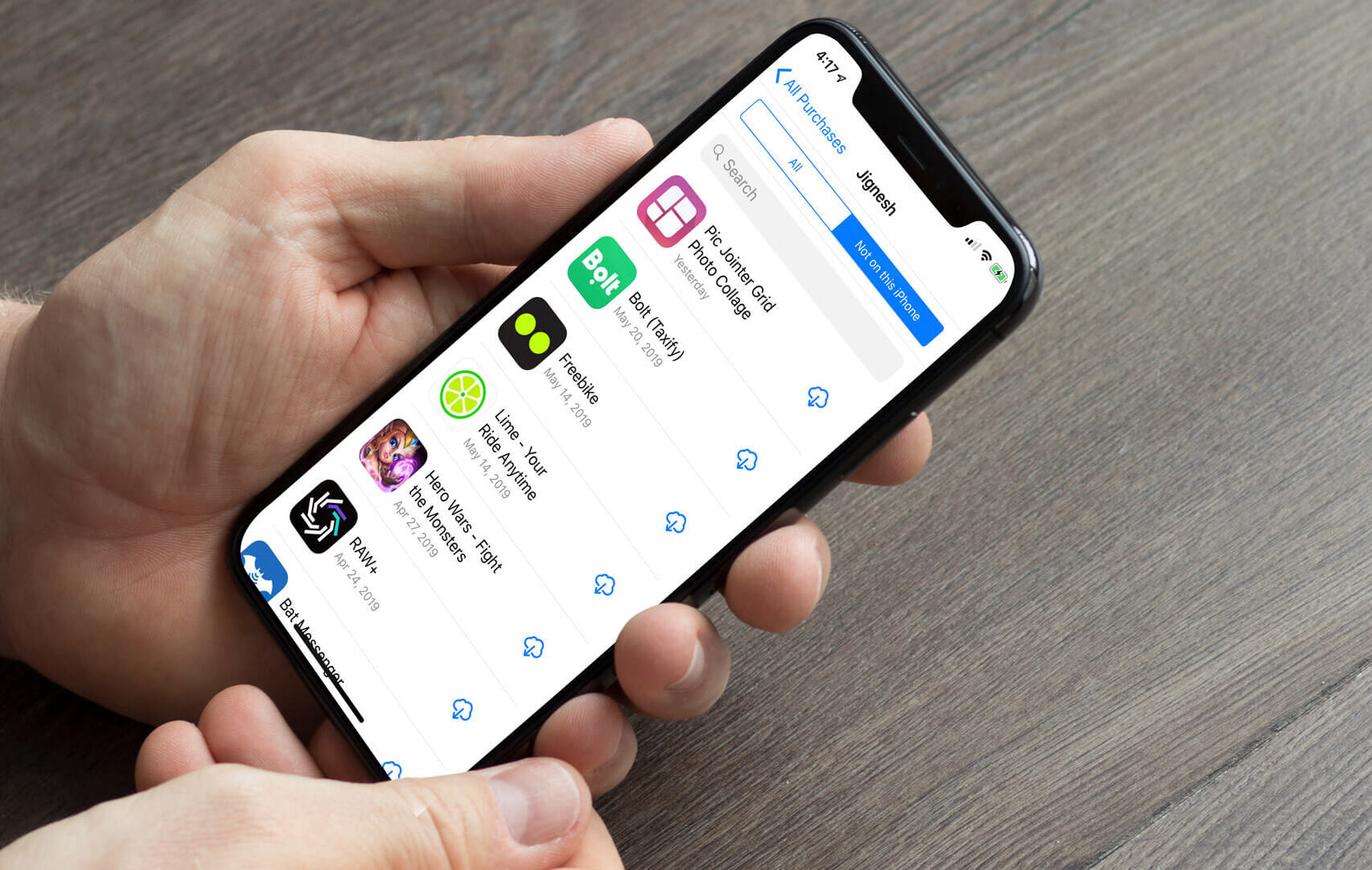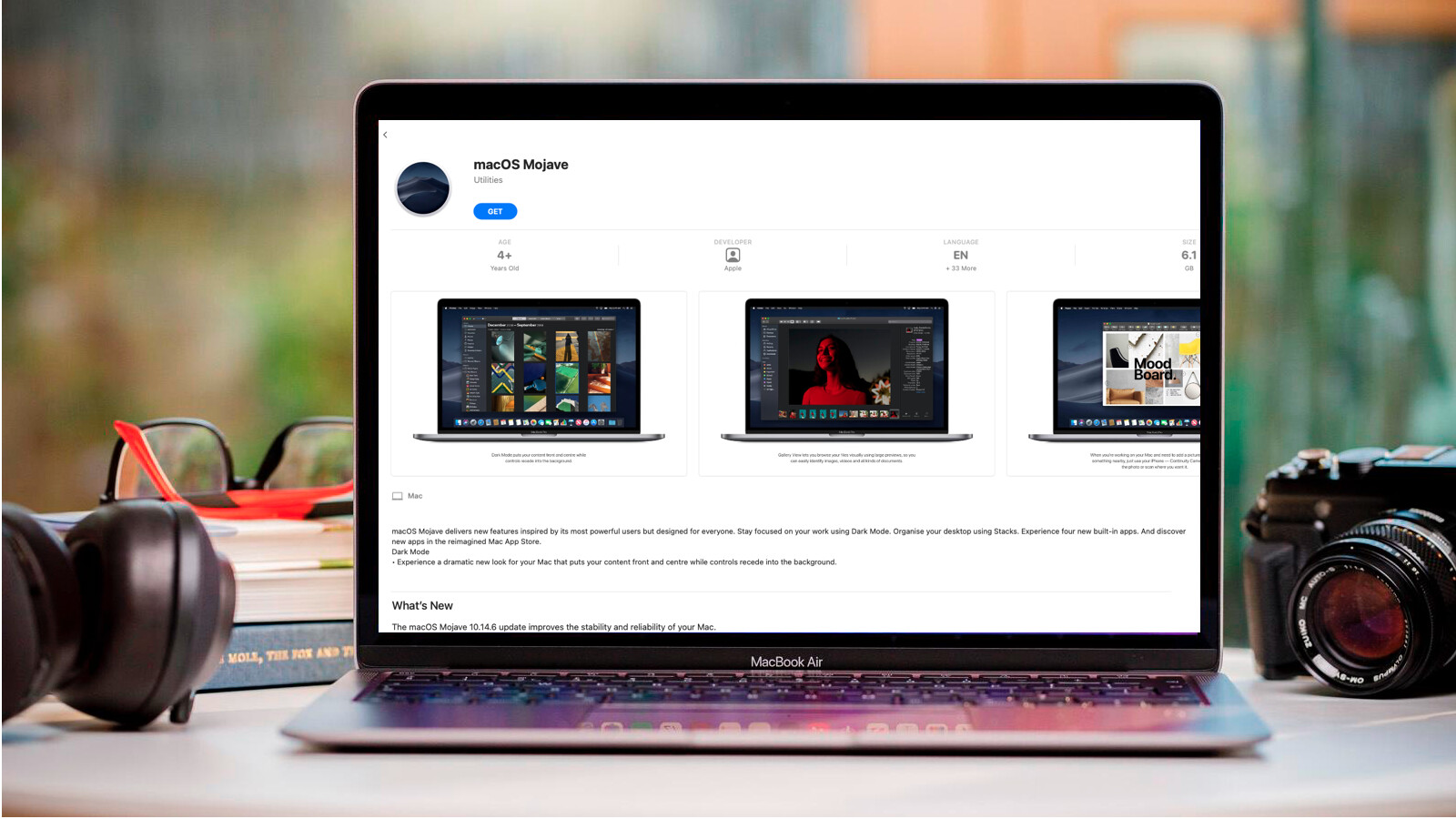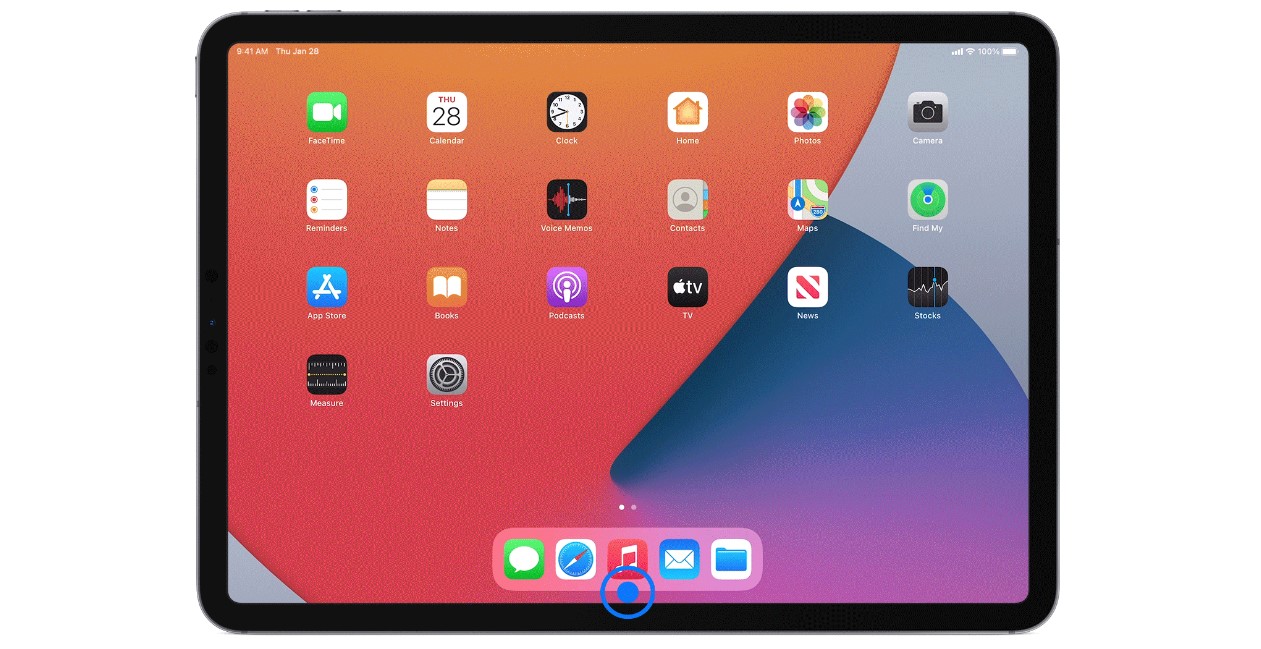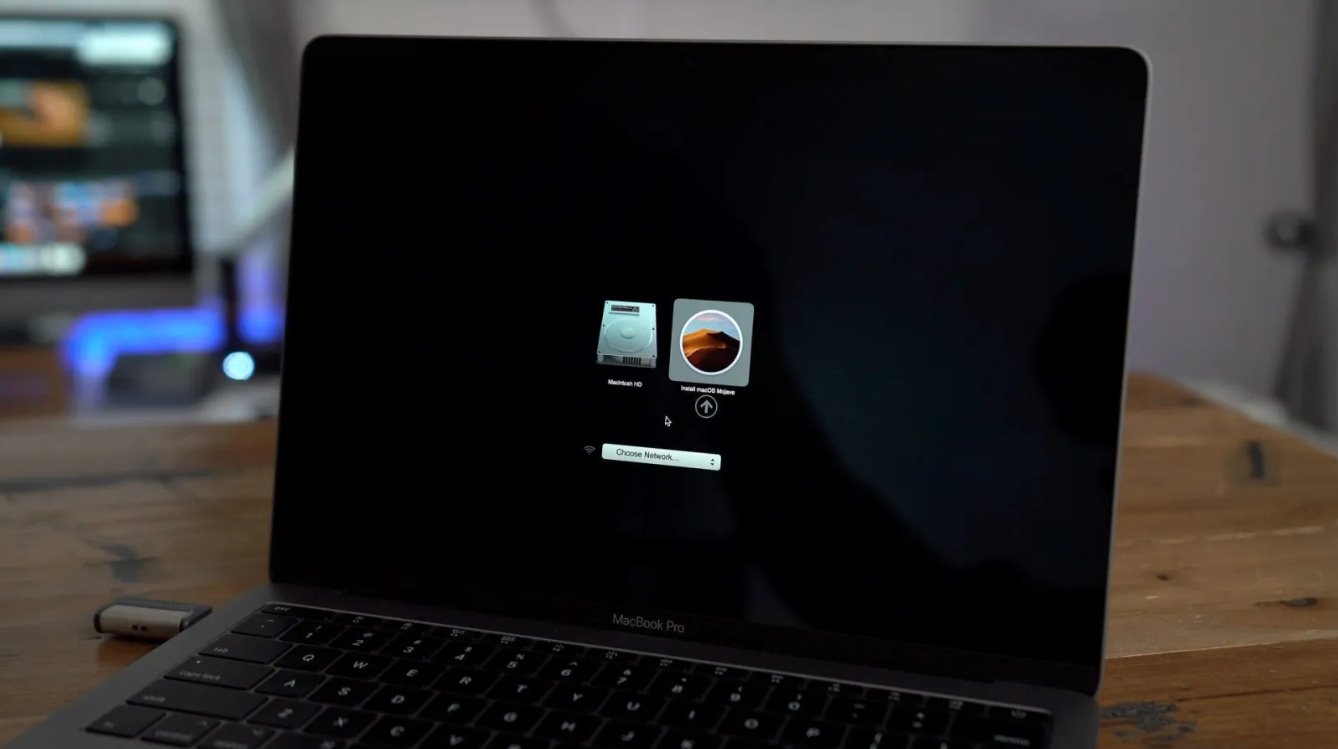Introduction
Technology is evolving at a rapid pace, and with it, the apps we use on our smartphones and tablets. Developers constantly update their apps, adding new features, fixing bugs, and improving performance. While it’s exciting to enjoy the latest enhancements, there may be times when you find yourself wanting to download an older version of an app.
But why would you want to download an older version of an app? There are a few reasons. First, newer versions of certain apps may be incompatible with older devices or operating systems. If you’re using an older device and the latest version of an app is causing performance issues or isn’t available for your specific device, downloading an older version can be a solution.
Another reason is that some apps undergo major design changes or feature updates that users may not prefer. If you were used to the interface and functionality of an older version and find the new updates cumbersome or less intuitive, reverting to the older version may be preferable.
Additionally, there may be instances where specific features or functionalities that were present in an older version of an app are no longer available in the latest version. If you heavily relied on those features or simply prefer the older version’s user experience, downloading the older version can be beneficial.
Now that we understand why you might want to download an older version of an app, let’s explore how you can check if an older version is available and the steps to download it on both Android and iOS devices.
Why Would You Want to Download Older Versions of Apps?
While the latest versions of apps often come with exciting new features and improvements, there are several reasons why you might prefer to download an older version:
- Compatibility: Newer versions of apps may require more advanced hardware or a higher minimum operating system (OS) version. If you have an older device or are using an outdated OS, downloading an older version of the app ensures compatibility and smooth functionality.
- User Preference: App updates sometimes introduce significant changes to the interface or functionality, which may not align with your personal preferences. By downloading an older version, you can retain the familiar interface and features that you are comfortable with.
- Feature Loss: Occasionally, newer versions of apps remove certain features that were available in older versions. If you heavily relied on those features or find them essential to your use case, reverting to an older version will restore the functionality you need.
- Performance: In some cases, the latest version of an app may not be optimized for older devices, leading to sluggish performance. By opting for an older version, you can ensure a smoother experience and avoid the potential lag or crashes caused by resource-intensive updates.
- Bug Fixes: While software updates aim to address bugs and vulnerabilities, they may unintentionally introduce new ones. If you encounter persistent issues or compatibility problems with the latest version of an app, switching to a previous version can provide a stable and reliable user experience.
- Version Dependency: In specific scenarios, such as using a modified or rooted device, certain apps may require an older version to function correctly. While using outdated versions poses security risks, it can be necessary for niche use cases or specific software purposes.
Overall, downloading older versions of apps can be advantageous in terms of compatibility, user preference, feature availability, performance, bug fixes, and version dependencies. The ability to choose older versions gives users more control over their app experience, ensuring they have access to the functionalities and features that best suit their needs.
How to Check If an Older Version of an App is Available
Before you can download an older version of an app, you need to determine if it is available. Here are a few methods to check:
- App Store or Play Store: Start by checking the official app store for your device. Open the App Store on iOS devices or the Google Play Store on Android devices, and search for the app you’re interested in. Scroll through the app’s page to see if there is an option to download previous versions. Some app stores provide a version history or allow you to toggle between different versions.
- Developer’s Website: Visit the official website of the app’s developer. Developers may offer previous versions of their apps for download on their websites. Look for a “Downloads” or “Version History” section on the site. If available, check the release notes for each version to ensure it meets your requirements.
- Third-Party App Repositories: Consider exploring third-party app repositories or marketplaces. There are reputable third-party app stores that offer a wide range of apps, including older versions. However, exercise caution when downloading from these sources and ensure you’re using trusted and verified repositories to minimize the risk of downloading compromised versions.
- Community Forums: Participate in app-specific forums or communities where users share information and experiences. Other users might have already found and shared links to older versions of the app you’re looking for. Make sure to verify the reliability and safety of the download links before proceeding.
By utilizing these methods, you can determine if an older version of an app is available for download. Remember to exercise caution when downloading from third-party sources and always ensure the safety and authenticity of the files before installing them on your device.
Downloading Older Versions of Apps on Android Devices
If you’re using an Android device and want to download an older version of an app, you have a few options:
- App Store Method: Open the Google Play Store app on your Android device. Search for the app you want to download and open its page. If the developer has made previous versions available, you may find a “Versions” or “All Versions” tab. Tap on it to see a list of available versions. Select the desired version and click on the “Install” button to download and install the older version of the app.
- APK Mirror: APK Mirror (www.apkmirror.com) is a reliable source for downloading older versions of Android apps. Visit the website and search for the app you want to download. Look for the version that suits your requirements and click on the download button next to it. Once the APK file is downloaded, open it and follow the on-screen instructions to install the app on your device.
- Third-Party App Stores: Some third-party app stores, like Aurora Store or APKPure, provide access to older versions of apps. Download and install a trusted third-party app store onto your Android device, search for the app you want, and look for older versions within the app’s page. Similar to the App Store method, select the version you want, and follow the installation prompts to download and install the app.
- Community Forums and Websites: Engaging with app-specific forums and websites can often lead you to download links for older versions of apps. Be sure to verify the authenticity and safety of the download link before proceeding. Download the APK file, open it on your Android device, and follow the installation process.
Remember to exercise caution when downloading and installing apps from sources other than the official app store. Ensure that you download from reliable and trustworthy sources to mitigate security risks.
Downloading Older Versions of Apps on iOS Devices
If you own an iOS device and wish to download an older version of an app, follow these steps:
- App Store Method: Open the App Store on your iOS device and search for the app you want to download. If the developer has made previous versions available, you may find a “Version History” or “Previous Versions” section on the app’s page. Tap on it to explore the available versions. Select the desired version and tap on the “Download” button to install it on your device.
- Using iTunes on a Computer: Connect your iOS device to your computer and open iTunes. Go to the iTunes Store and search for the app you want to download. Once you find the app, click on its name to open its page. Look for the “Previous Versions” section or a dropdown menu that allows you to select the desired version. Click on the download button next to the version you want, and sync your device to install the app.
- Community Forums and Websites: Engage in iOS-related forums and websites where users share information and experiences. Sometimes, other users might provide download links to older versions of apps. Make sure to verify the authenticity and safety of the download link before proceeding. Once you download the IPA file, you can install it on your device using third-party software such as Cydia Impactor or AltStore.
- Using Installous: Installous was once a popular app for downloading older versions of iOS apps, but it is no longer available. It is essential to note that using unauthorized methods to download apps, such as jailbreaking or piracy sites, is against Apple’s terms and conditions and may compromise your device’s security.
Ensure that you download older versions of apps from trusted sources and be wary of downloading from unauthorized websites or using questionable methods. It is advisable to create a backup of your device before installing any older version of an app to safeguard your data.
Risks and Challenges of Downloading Older Versions of Apps
While downloading older versions of apps can provide you with specific benefits, it’s crucial to be aware of the potential risks and challenges involved:
- Security Risks: Older versions of apps may not receive security updates or patches, leaving you vulnerable to potential vulnerabilities or exploits. It’s essential to consider the potential security risks when using outdated versions of apps, especially if they require access to sensitive information or have permissions that could be exploited.
- Lack of Support: Developers typically focus on supporting and updating the latest versions of their apps. If you encounter any issues or bugs while using an older version, you may find it challenging to receive assistance or support from the developer. In some cases, certain features or functionalities may no longer be supported or work as expected in older versions.
- Compatibility Issues: As newer versions of operating systems and devices are released, app compatibility with older system versions may diminish. Downloading an older version of an app may solve compatibility issues with your specific device or operating system, but it could also result in decreased functionality or limited access to certain features designed for newer versions.
- Limited Features and Improvements: Technology evolves rapidly, and newer app versions often come with enhanced features, improved performance, bug fixes, and better user experiences. By using an older version, you may miss out on these advancements and improvements, which could enhance your overall app usage and satisfaction.
- Incomplete Testing: Developers thoroughly test their latest app versions for performance, usability, and compatibility. However, older versions might not undergo the same level of testing, potentially resulting in stability issues or unexpected behavior, especially when used on newer devices or operating systems.
- Invalidation of User Data: Some app updates modify the database structure or file formats, making them incompatible with older versions. If you choose to revert to an older version, your data may become incompatible, resulting in data loss or the app not functioning as expected.
- Legal and Licensing Considerations: It’s important to comply with app developers’ terms and conditions when downloading and using their apps. Using unauthorized methods or accessing older versions through unofficial channels can potentially lead to legal and licensing issues.
It’s crucial to thoroughly weigh the risks and challenges against the benefits when deciding to download an older version of an app. Consider the security implications, potential lack of support, compatibility issues, limited features, incomplete testing, data validity concerns, and legal considerations before opting for an older version.
Conclusion
Downloading older versions of apps can be a useful solution when facing compatibility issues, experiencing a preference for older interfaces or features, or encountering performance problems with the latest updates. By following the methods outlined in this guide, you can successfully download and install older versions of apps on both Android and iOS devices.
However, it’s important to exercise caution when downloading from third-party sources and to be aware of the potential risks and challenges involved. Security vulnerabilities, lack of developer support, compatibility issues, limited features, incomplete testing, data invalidation, and legal considerations should all be taken into account before deciding to use an older version of an app.
Ensure that you download from trusted sources and verify the authenticity of the files to minimize security risks. Additionally, consider regularly updating your device’s operating system and apps to benefit from the latest features, improvements, and security patches.
Ultimately, the decision to download an older version of an app should be based on your specific needs and circumstances. By being aware of the possibilities and limitations, you can make an informed choice that aligns with your preferences and requirements.

























